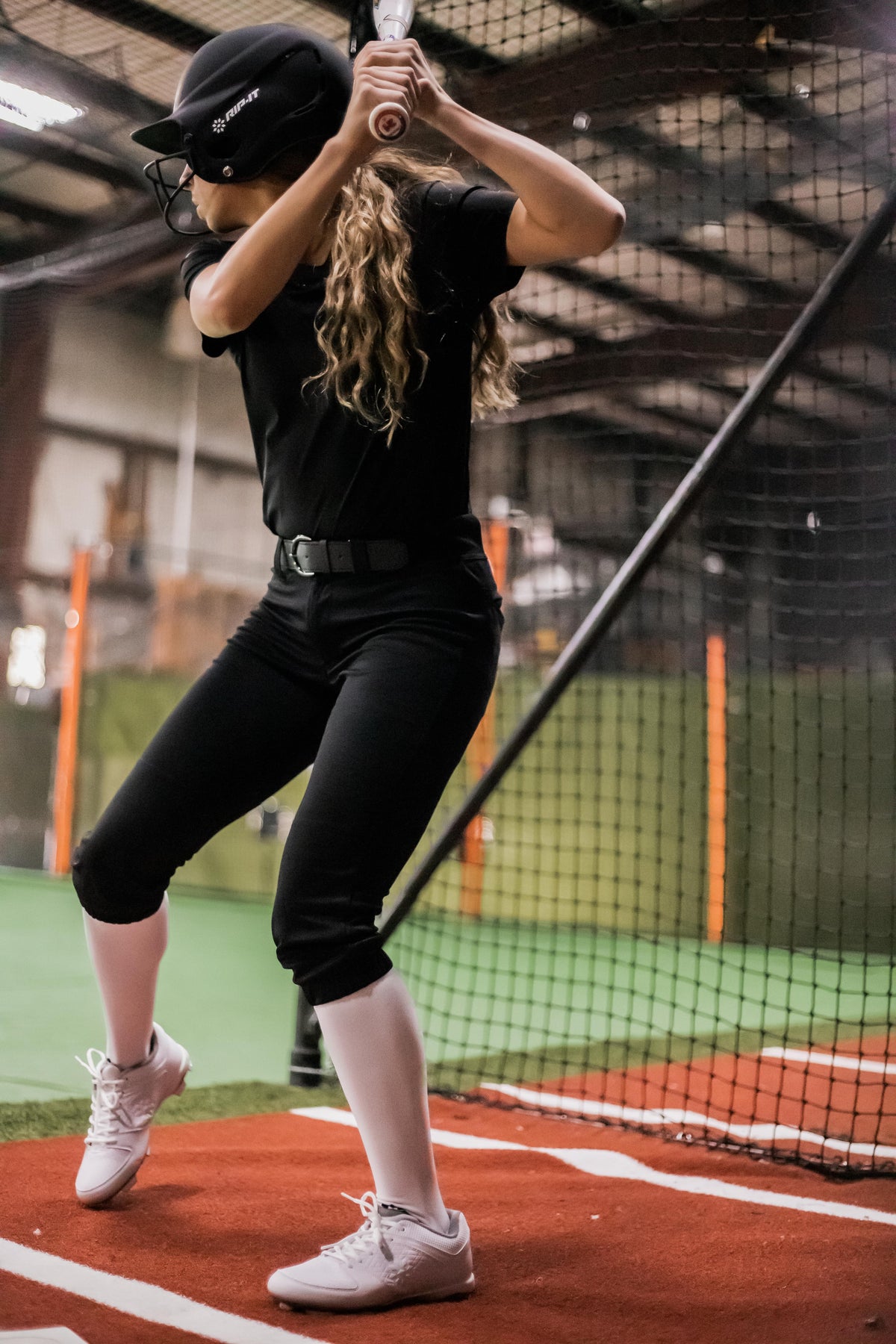What is Player PTSD?
When most people think of the word PTSD the first image that may pop into their heads might be a war veteran, a sexually assaulted victim, or someone who has been a part of a life threatening situation. Most do not think of athletes.
According to the National High School Sports-Related Injury Surveillance Study, 9,998 softball players suffer from a face or head injury every year. With a high- school pitchers average pitch speed being at 55 mph's, it's no surprise that 17% of those injuries have resulted in life-threatening concussions that have forced players off the field. The impression from injuries that severe can stay locked away in your brain and nervous system for years after the injury has occurred. Long enough to keep you off the field.
What are the symptoms?
- Lack of confidence
- Apprehensiveness to get back into playing after injury
- Overwhelmed
- Consistently plays better at practice than in a game.
- Lack of focus
- Difficulty Sleeping
- Negative self-talk
- Feeling disengaged
Risk Factors...
If a Player with PTSD goes untreated then the player could turn to dangerous coping mechanisms such as excessive anger, lack of confidence, and even substance abuse.
What you can do to prevent it
-
Getting the right protective gear. To prevent player PTSD, the most effective way is to prevent injury. Or preventing the ones we can control. Getting your daughter a fielder's mask is an easy and sure way of making sure your daughter's face is protected from the detrimental ball speeds that are so common in high school play. Investing in a helmet is another precaution you can take to make sure you and your child can enjoy the sport without fear of brain injury.
- Stepping onto the field with confidence
Whatever your situation might be, set your mind to whatever you want to do and put a good attitude in it, and I believe that you can succeed. You are not going to get anywhere just sitting on your butt and moping around.- Bethany Hamilton
If you step on the field and have all the proper protective gear on and have the confidence to play knowing you won't get injured, chances are you won't get injured. Don't give yourself a reason to be insecure.
What if it's too late...
If you know of a player who has been injured and has displayed any of the symptoms listed above:
- Build their trust by listening to them, to ease their emotional state.
- Inform them on their injury. How exactly they injured themselves. Sometimes players may be misinformed of their injuries and that could cause them to be unnecessarily emotional.
- Explain to them the recovery process in detail so they have a realistic recovery expectation.
- When fully recovered, encourage them to return to the sport with the proper protective gear, at a comfortable speed for them. Making sure to remind them that they are fully recovered and that they have already experienced the worst.
Source: Official Journal of the American College of Sports Medicine
Image Source: www.toledoblade.com







